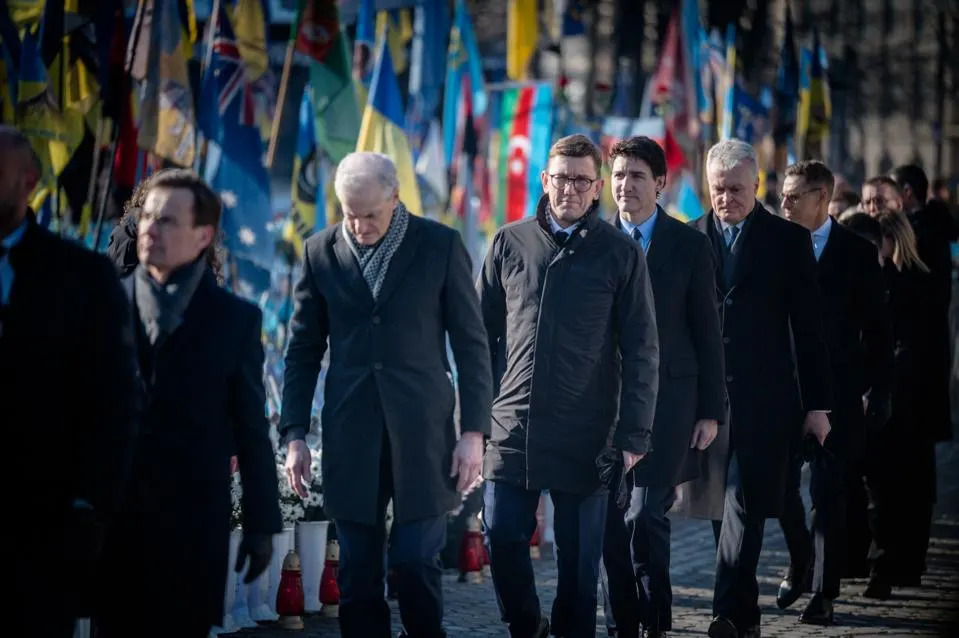
Brian Wong, Assistant Professor in Philosophy and Fellow at Centre on Contemporary China and the World, HKU and Rhodes Scholar
Feb 26, 2025
The future is uncertain for the European Union as powerful regimes with inward-looking agendas have begun rolling out policy in the U.S., Germany, and France, due in no small part to the second Trump administration. For Europe, NATO, and the conflict in Ukraine, this could potentially lead to unprecedented changes in the modern global order.
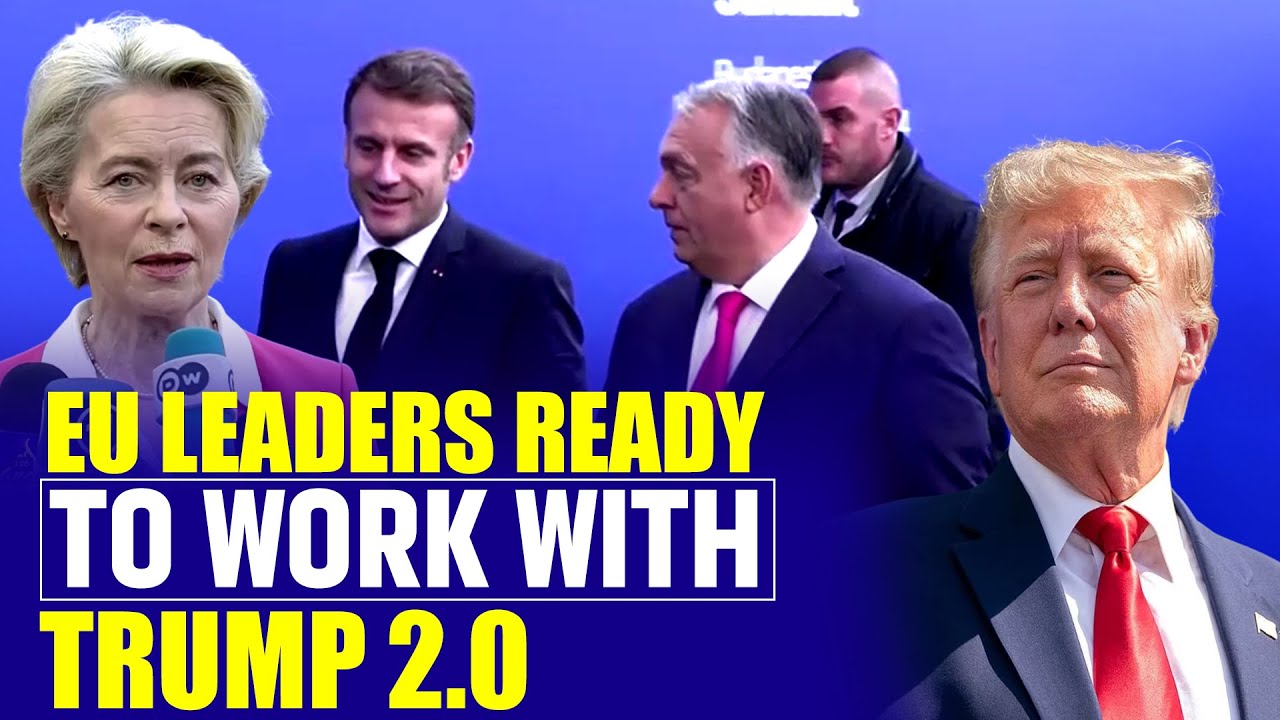
Zhang Yun, Professor, School of International Relations, Nanjing University
Feb 21, 2025
U.S. allies in the long run are expected to pursue greater strategic autonomy, which means defining their national interests outside of American influence. Their policies toward China are therefore likely to continue evolving in a pragmatic and nuanced direction.
Eka Khorbaladze, Research Coordinator, Centre on Contemporary China and the World
Feb 14, 2025
Donald Trump’s return to the White House puts the Indo-Pacific at the center of U.S. foreign policy, but restoring American dominance won’t be easy. While his first term laid the groundwork for a strategic shift, China’s expanding economic and military influence has only grown stronger. To compete, Trump must recalibrate U.S. engagement—strengthening military alliances, reviving economic initiatives, and leveraging technological advantages—before Beijing cements its leadership in the region.
Nong Hong, Senior Fellow, National Institute for the South China Sea Studies
Feb 07, 2025
The incoming U.S. administration poses significant challenges, with repercussions extending beyond bilateral relations with China. Finding the proper balance between international exchanges and national security will unlock the door to scientific progress and the greater good of humanity.
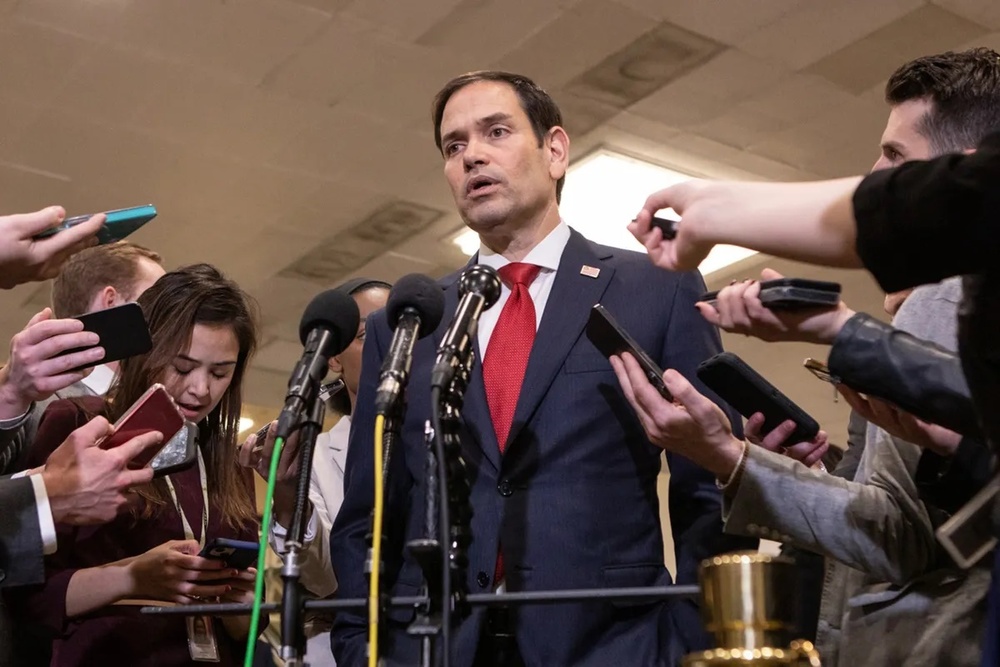
Mallie Prytherch, Researcher at Centre on Contemporary China and the World, University of Hong Kong
Feb 07, 2025
Secretary of State Marco Rubio recently stated that multipolarity is not only the preference, but the norm in the Trump administration—a dramatic shift in U.S. foreign policy. But unlike China’s globally engaged model, Rubio’s approach prioritizes U.S. interests, reflecting a more transactional and less globally engaged stance.
Fu Suixin, Assistant Researcher at Institute of American Studies, Chinese Academy of Social Sciences
Jan 28, 2025
Declaring that he had been preserved by God to save the world, starting with the United States, Trump made no secret of his admiration America’s authoritarian past — including President William McKinley, who served from 1897 until his assassination in 1901. McKinley, like Trump, embraced muscular tariffs and protectionist policies. Will an iron fist work in the world today? We’ll have to wait and see.
Richard Javad Heydarian, Professorial Chairholder in Geopolitics, Polytechnic University of the Philippines
Jan 27, 2025
A second Trump presidency could disrupt Asia with aggressive tariffs, stricter immigration policies, and heightened geopolitical tensions. While some leaders express cautious optimism, the region faces mounting pressure to align with U.S. interests amid fears of economic fallout, strained alliances, and potential conflicts in key areas like the South China Sea and Taiwan Strait.
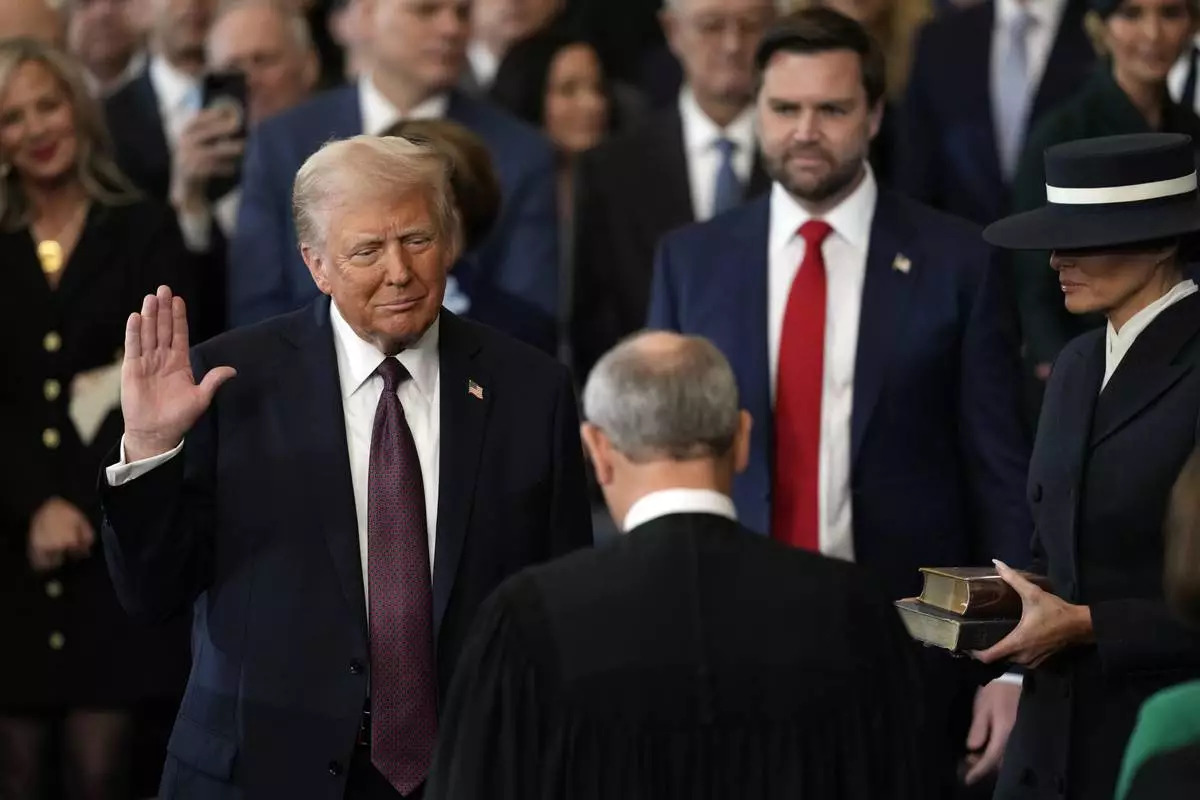
An Gang, Adjunct Fellow, Center for International Security and Strategy, Tsinghua University
Jan 17, 2025
For Trump and his supporters, the time has come for a domestic conservative revolution to merge with a global movement, with the ultimate goal of totally transforming the political landscape of the West. But while the crises Trump sparks may be unpredictable, they are not necessarily uncontrollable.
Debasish Roy Chowdhury, Author
Jan 15, 2025
Weeks before his return to the White House, US President-elect Donald Trump issued a pointed warning to the BRICS countries. “Go find another sucker,&rdqu
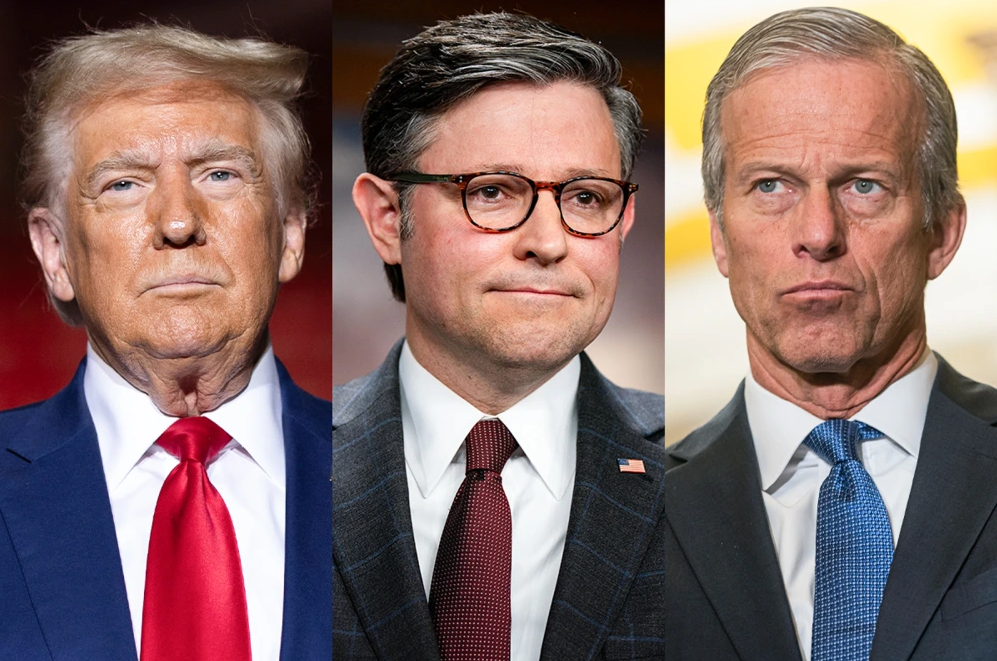
Li Yan, Director of President's Office, China Institutes of Contemporary International Relations
Jan 10, 2025
A resurgence of right-wing populism will feature prominently in Trump 2.0. And the rise of “effective accelerationism” espoused by tech elites will interact with it, ushering in more uncertainty. How these factors interact will likely determine the U.S. growth trajectory in the years ahead.